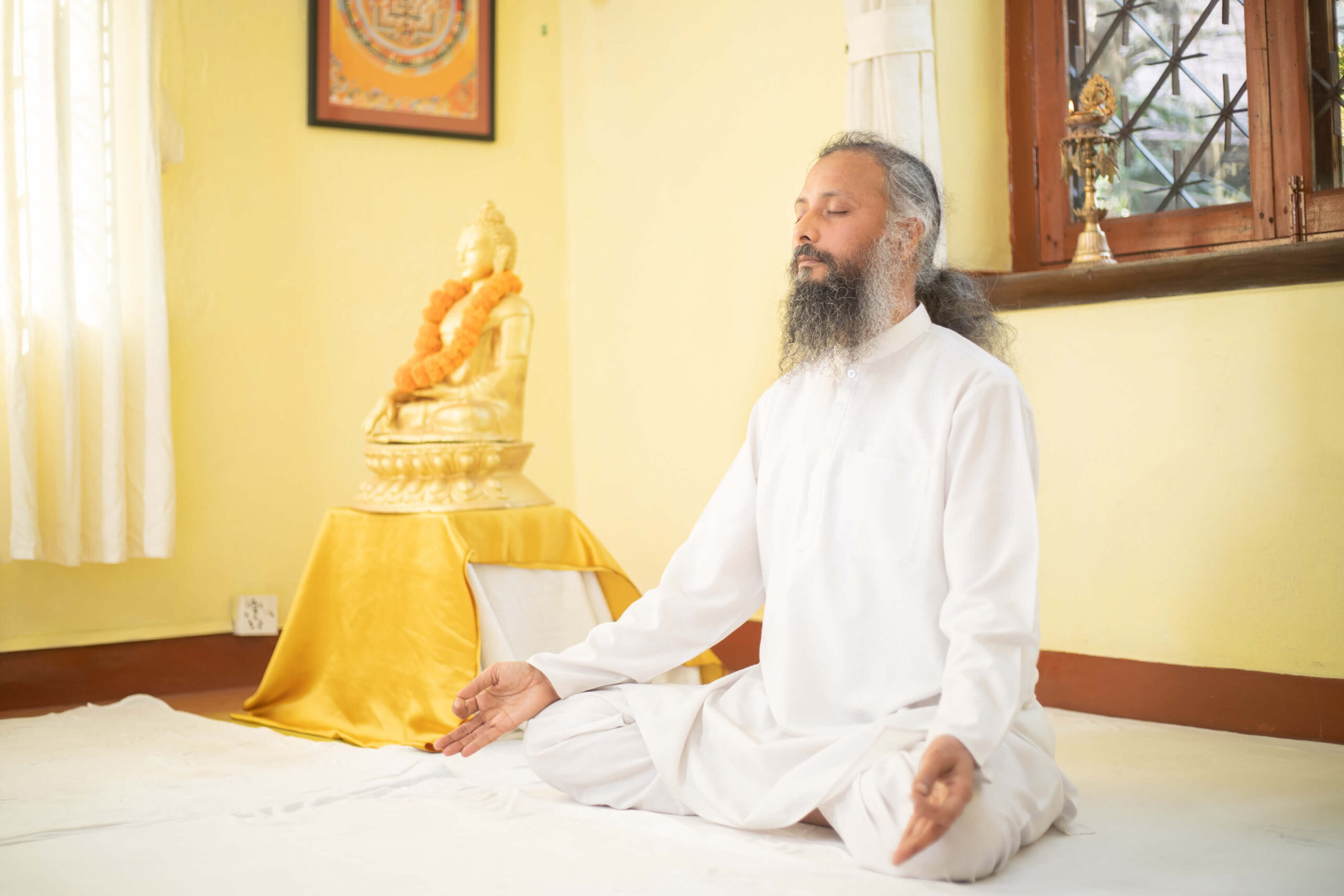Dincharya (a daily routine)

The way of living is the main factor that determines your health and your quality living. Your daily routine is the ultimate preventive medicine for a healthy living. Daily routines like what you eat, when you eat, how much you eat, what time you wake up or sleep etc play a major role for your physical and mental health.
The goal of dincharya is to establish a daily routine that supports optimal health and well-being. Following a daily routine brings balance in our constitution and helps to regularize our biological clock. This indirectly helps in proper digestion, absorption, and assimilation of food and it generates self-esteem, discipline, peace, happiness, and long life.
The ideal Ayurvedic daily routine that follows is based on patterns of nature. Being in tune with nature also means being in tune with your nature, your constitution or prakriti. Living in accordance with nature and natural law means continually balancing our inner ecology by adjusting to our ever-changing environment.
Physiological predominance of Doshas according to the diurnal/nocturnal variation
DOSHA DAY NIGHT
Vata Afternoon (2 P.M.–6 P.M. ) Last Portion of Night (2 A.M.–6 A.M)
Pitta Mid Day (10 A.M.–2 P.M.) Mid Night (10 P.M.–2 A.M.)
Kapha Morning (6 A.M.–10 A.M.) First Portion of Night (6 P.M.–10 P.M.)
The step-by-step process for Dincharya in Ayurveda typically includes the following:
1. Wake up early: It is recommended to wake up before sunrise. At this time of the morning, pure qualities are lively in nature, which can bring freshness to the doors of perception and peace of mind. This is said to be the best time for the body to rejuvenate and detoxify.
2. Say a Prayer: It is good to start the day by remembering the Divine Reality that is our life.
3. Wash your Face, Mouth and Eyes: Splash your face with cold water a couple of times. Then do Mouth gargle with the gargle oil. The practice of oil pulling is done to help cleanse the mouth and improve oral health. Then Scrape the tongue. Scraping the tongue with a tongue scraper removes bacteria and toxins that accumulate overnight.
Then perform eye exercises and then wash your eyes with eyewash liquid.
4. Drink Water: Drink room-temperature water, preferably from a pure copper cup or tumbler that has been filled overnight.
5. Elimination: Sit (or better, squat) on the toilet, and have a bowel movement.
6. Nasal irrigation/Nasya: Clearing the nasal passages with saline water using a neti pot or a nasal irrigation system.
7. Abhyanga/Oil massage: This is a self-massage using warm herbal oil. This helps in nourishing the skin, relaxing the muscles and promoting sound sleep.
8. Bathing: Following your oil massage, take a bath or shower. Bathing helps in cleansing and refreshing. It removes fatigue, brings energy and alertness, and promotes long life.
9. Yoga or Meditation: Practicing yoga or meditation helps to calm the mind and improve focus. Everyone should do some exercise every day depending on your constitution.
10. Breakfast: Eating a balanced breakfast that is easy to digest and nourishing for the body.
11. Daily activities: After breakfast, it’s time to start the day’s activities. It is important to maintain balance and avoid over-exertion.
12. Lunch: By noon when you are hungry have lunch following the guidelines for your constitution. And don’t drink too much during your meal. Take a cup of water (preferably warm), and just take a sip between two mouthfuls of food. Drinking a little water improves digestion. One can drink a cup of water an hour before lunch or an hour after lunch, but not immediately afterward, as that slows down digestion and creates ama.
13. Sit straight, Walk straight: Maintain your vertebral column straight. When you keep the backbone straight, energy flows upward and you maintain your awareness. It is difficult to be aware when the spine is crunched.
14. Take a walk: Taking a walk alone, silently, in the nature or any peaceful place towards the nature is recommended to regain the meditative mind. Doing this, every day becomes heavenly. Every day becomes a celebration, something new.
15. Dinner: Eating dinner before sunset and avoiding heavy or late meals.
16. After Dinner: Finally, before you go to bed, do a few minutes of meditation. Sit quietly and watch your breath. In this way, you’ll begin and end your day with meditation, and meditation will stay with you even during deep sleep.
17. Sleep: Going to bed before 10:00 pm and maintaining regular sleep schedule.
It is recommended that Vatas go to bed by 10 P.M. and sleep on their left side. Pittas should sleep on the right side, retiring between 10 and 11 P.M. The best bedtime for Kapha individuals is between 11pm and midnight; they should sleep on their left side.

